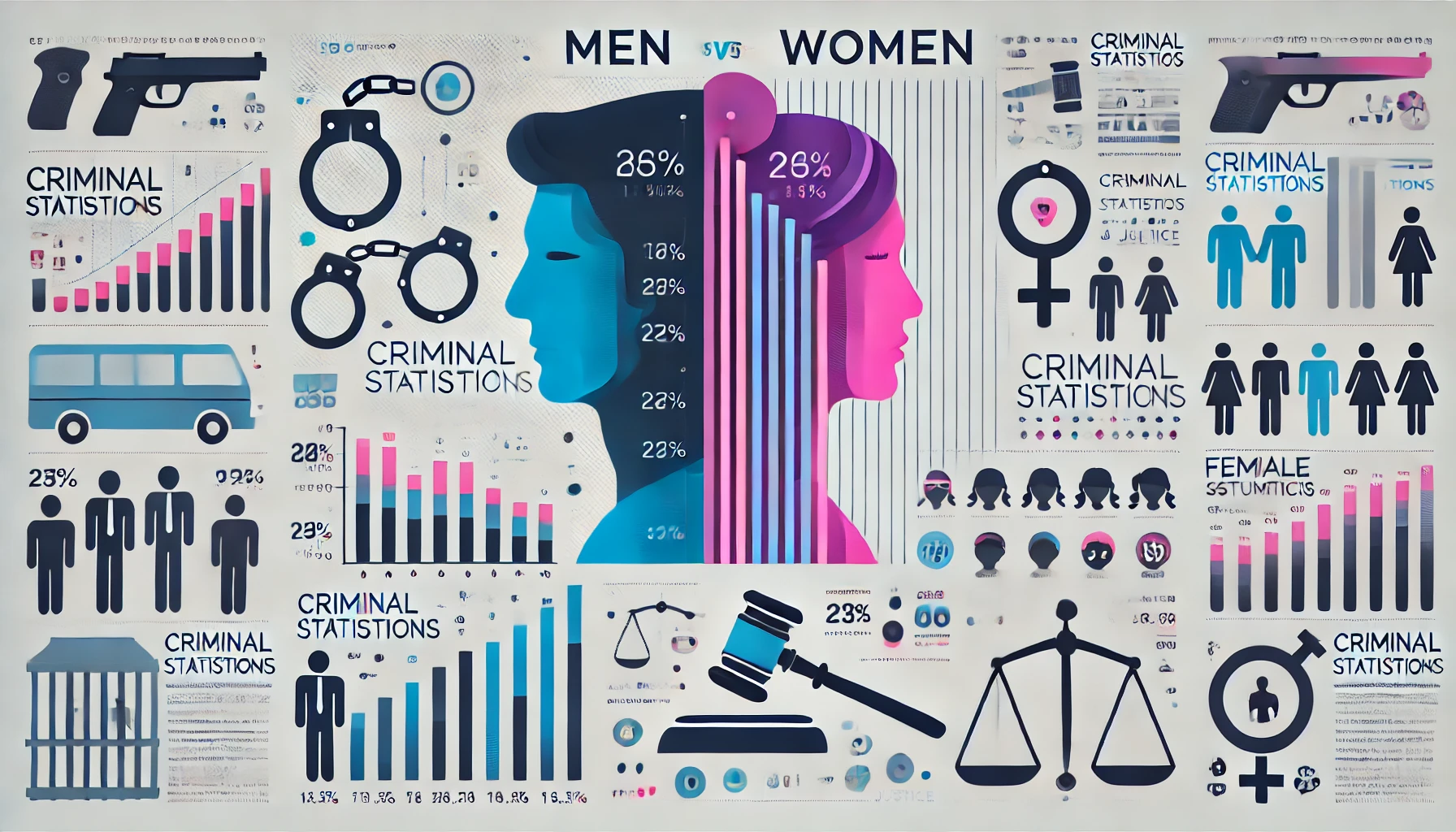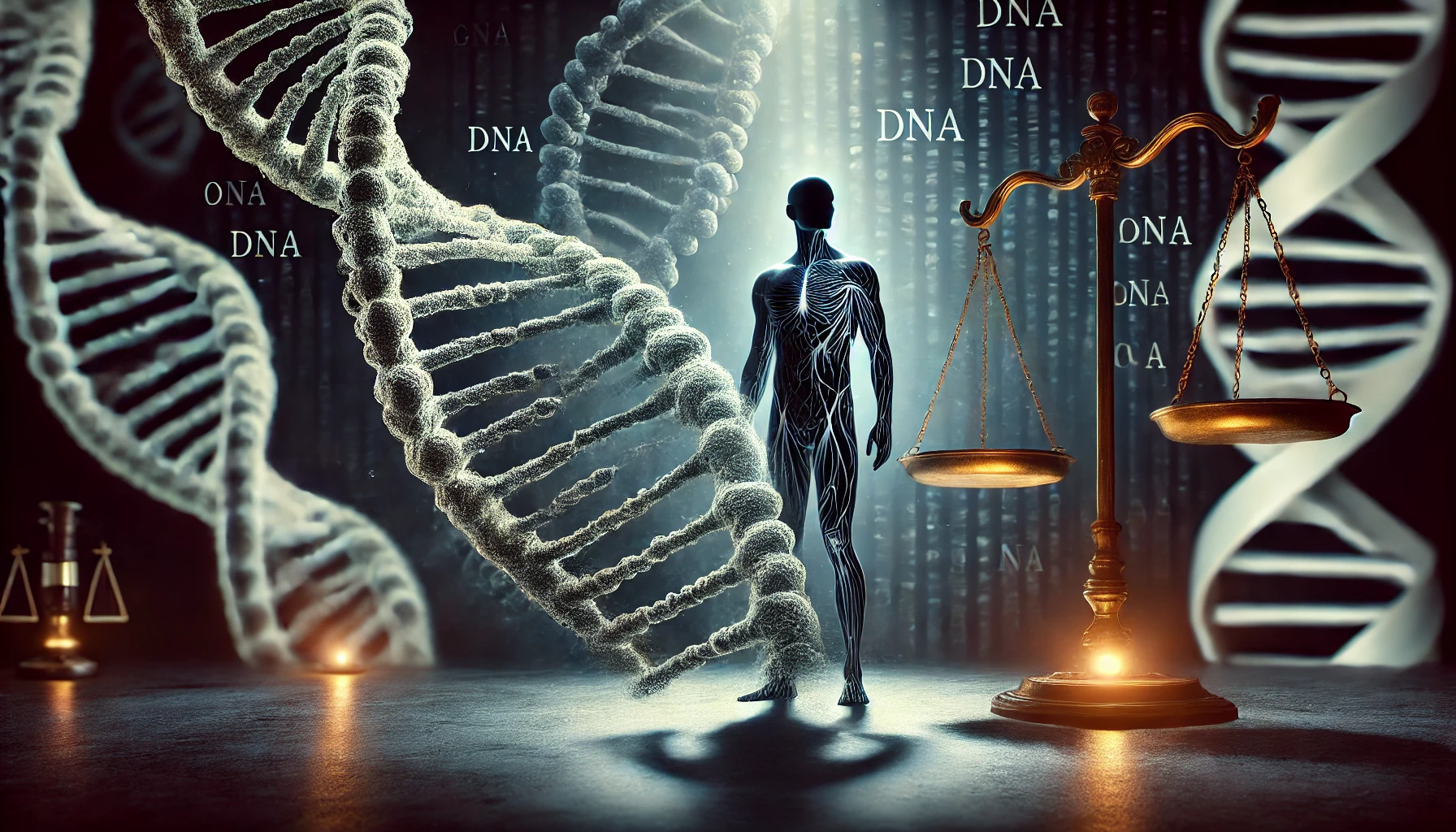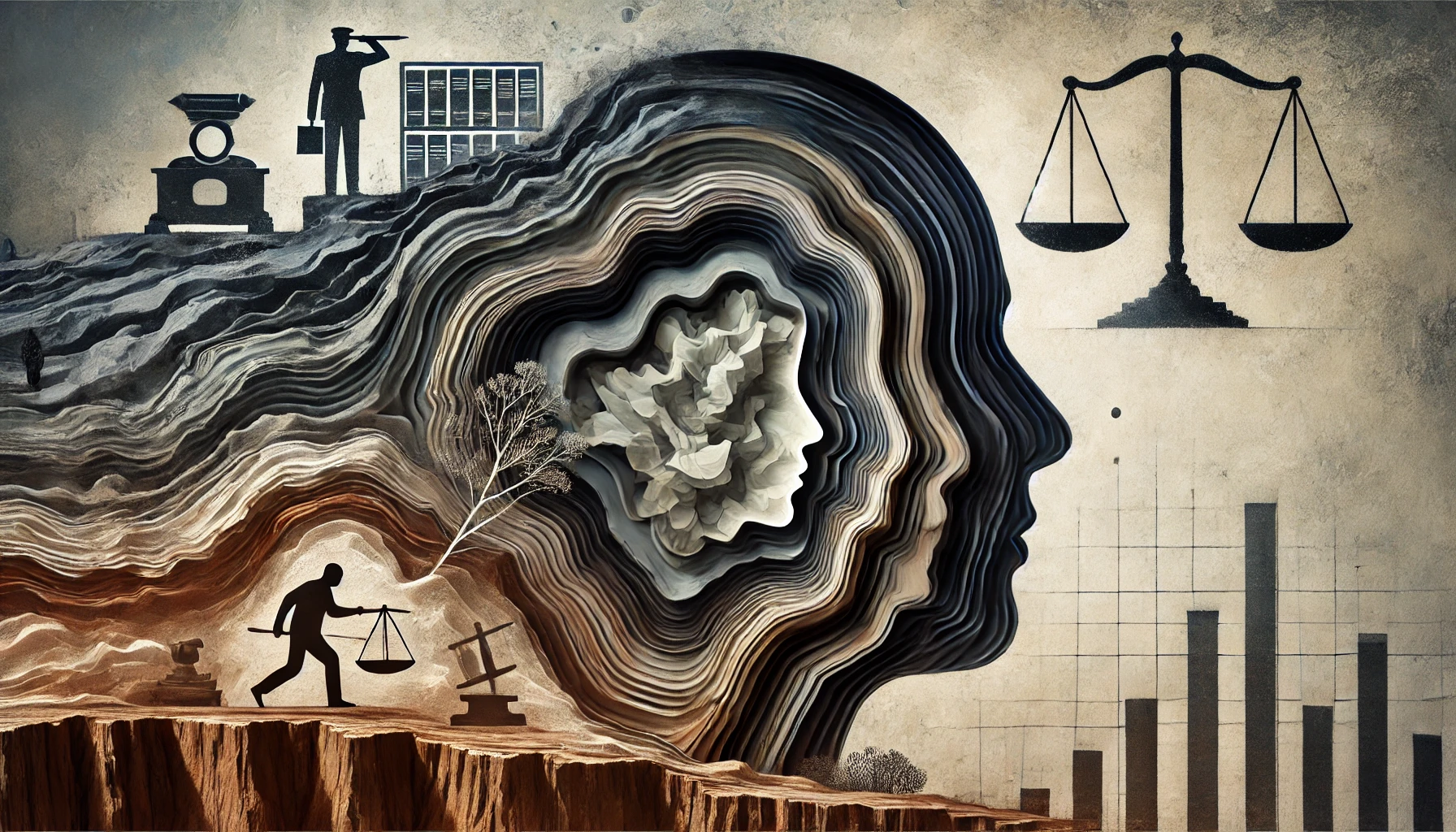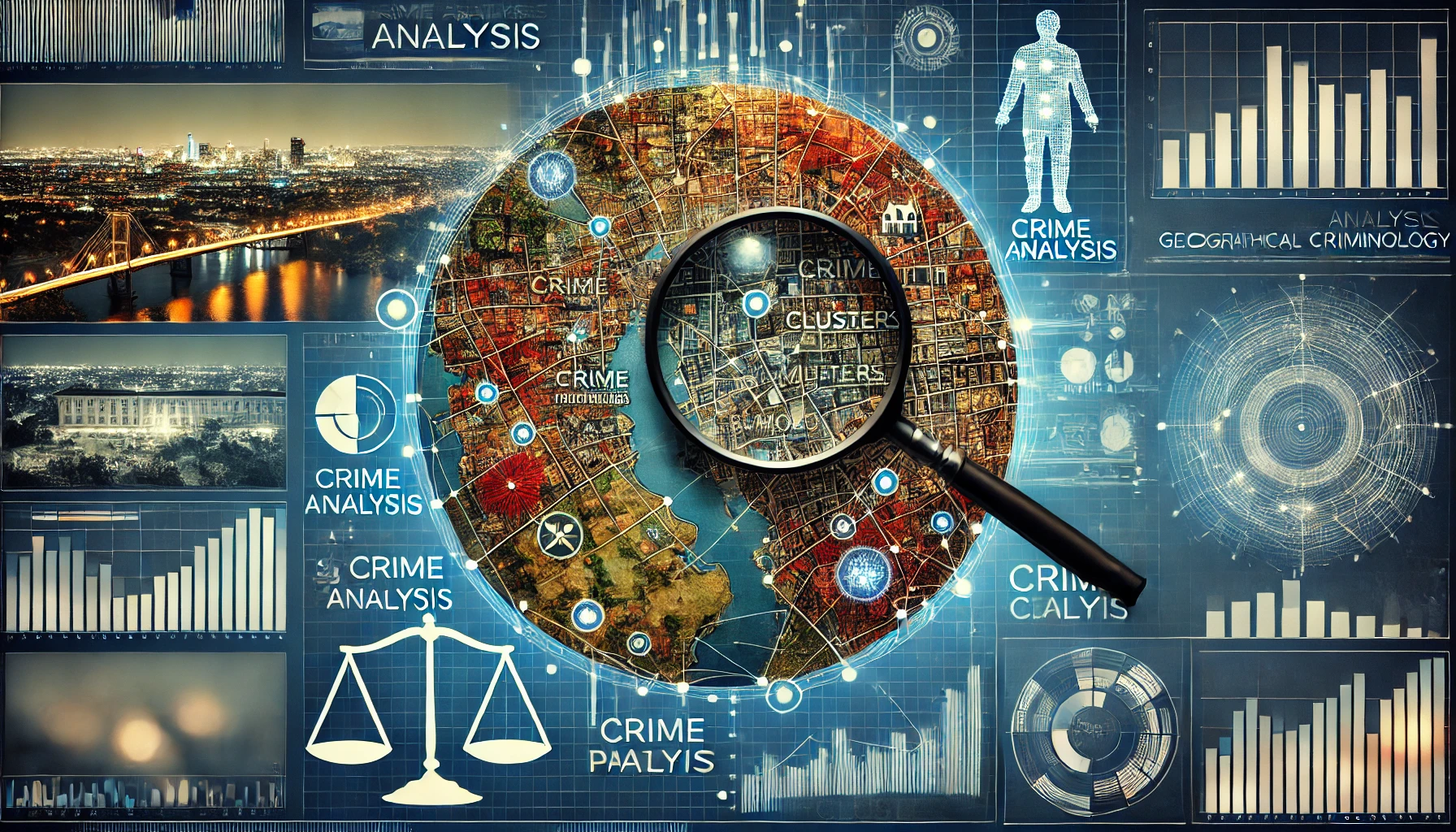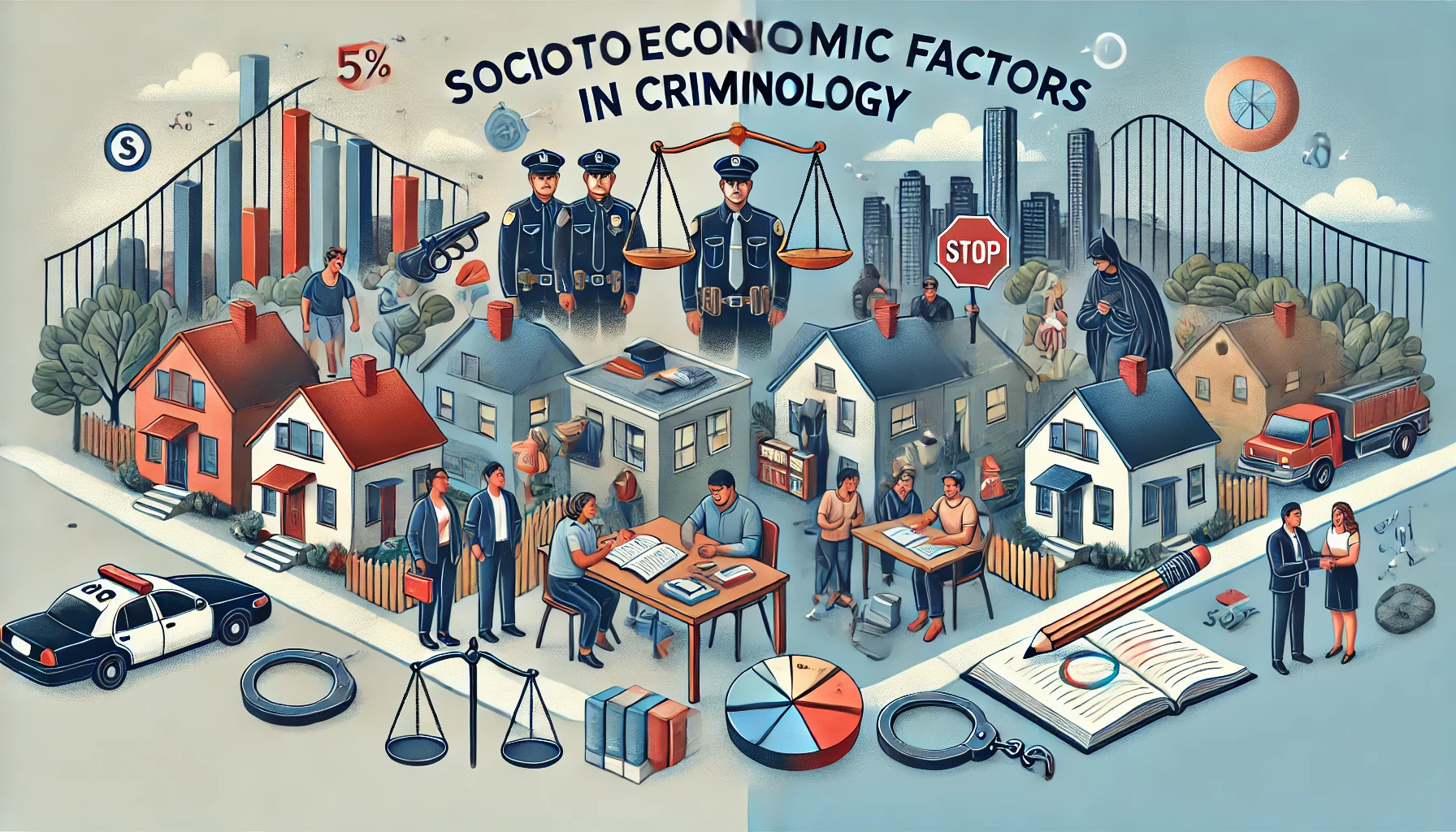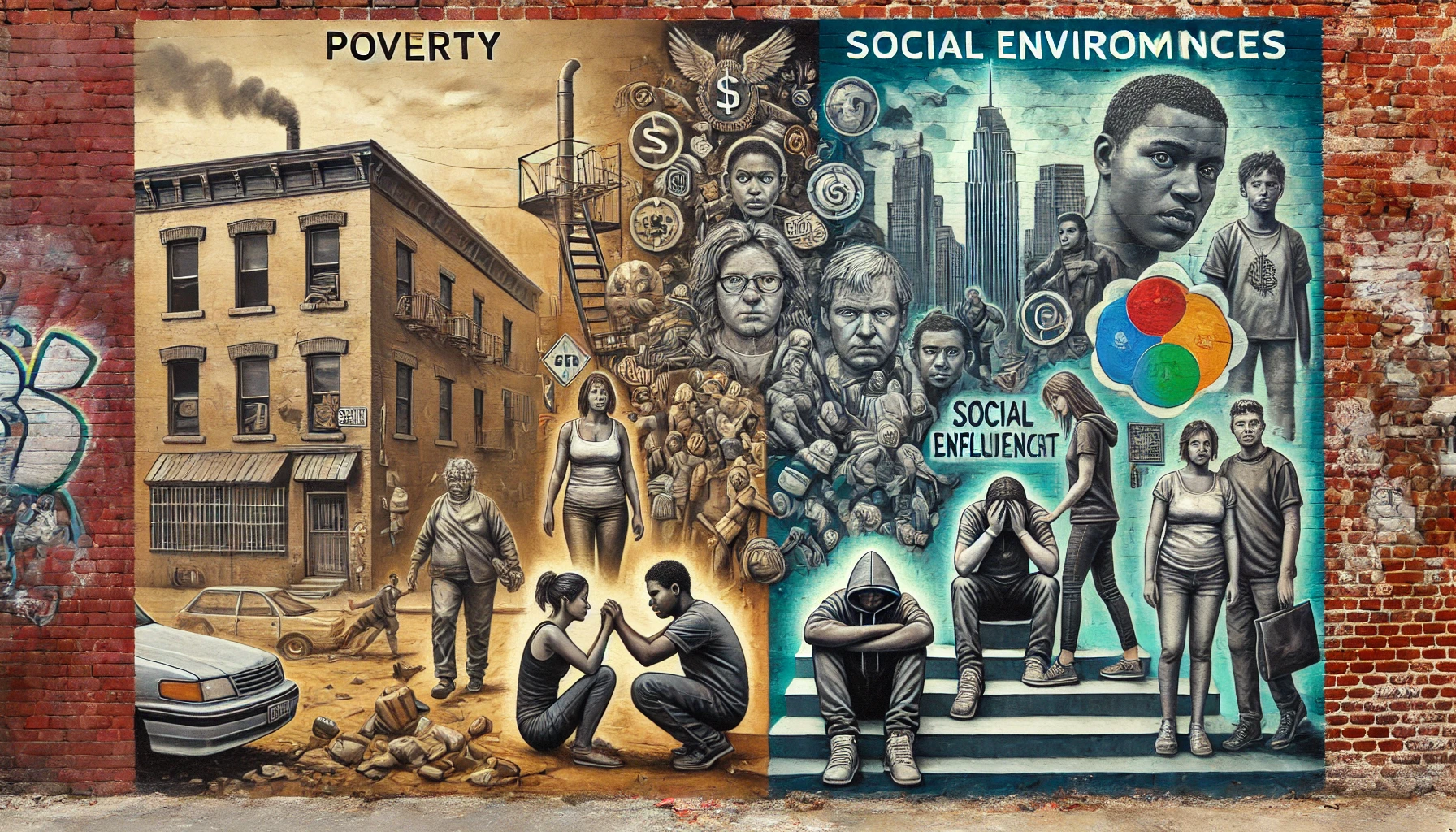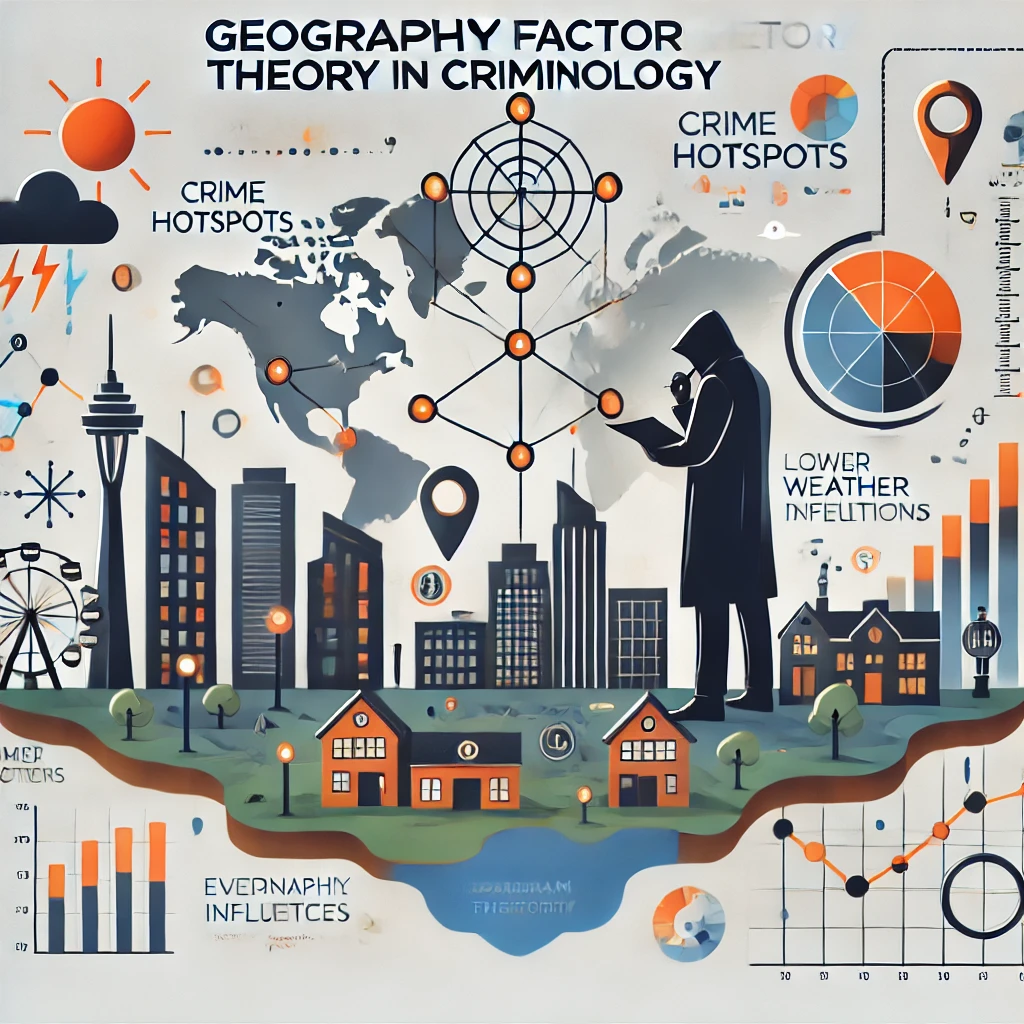Criminal Statistics for Both Men and Women
Introduction Understanding crime through the lens of gender not only reveals behavioral trends but also sheds light on systemic issues within law enforcement and the justice system. Recognizing the underlying causes of gender disparities in crime statistics helps policy makers and researchers develop more effective, inclusive solutions. 1. Global Crime Statistics: An Overview Regional differences … Read more

